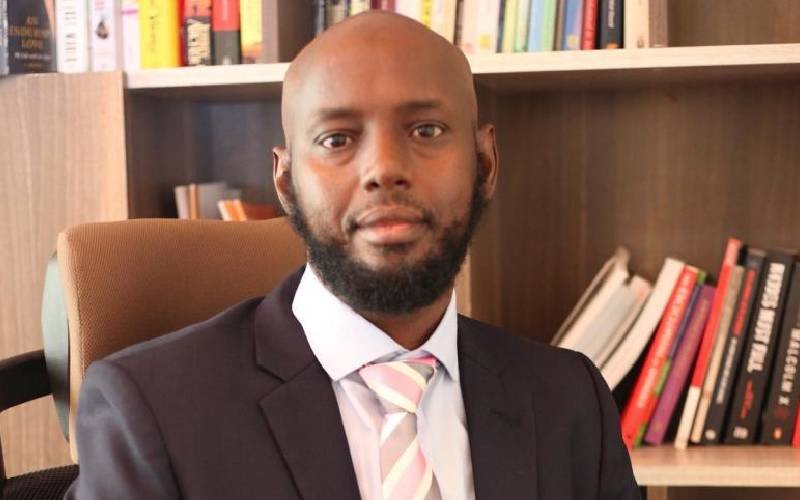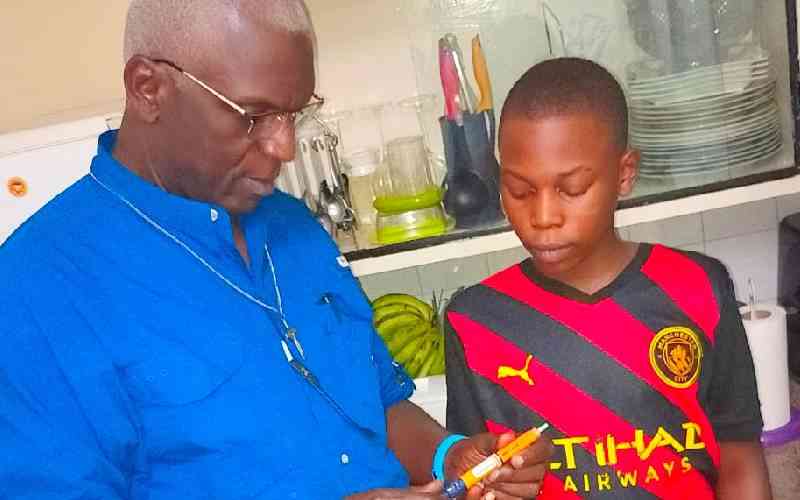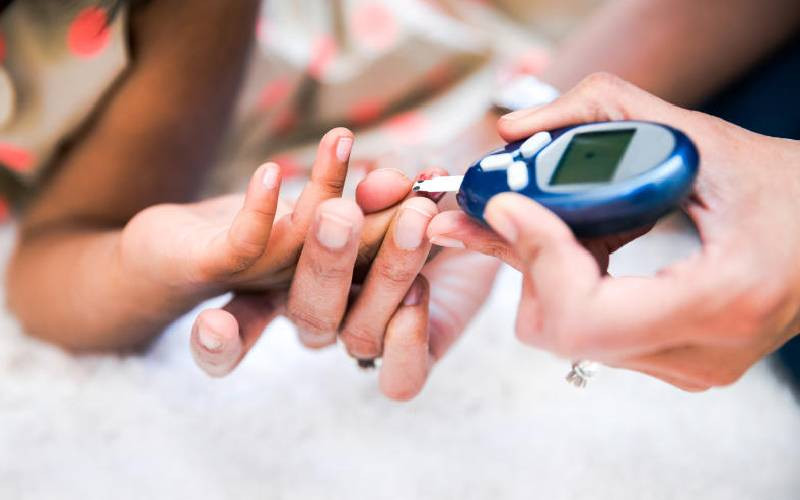
One morning in 1989, as the country trudged with a mysterious health pandemic, Asunta Wagura was called to the principal's office.
Curt and unapologetic, the principal of the nursing school in Nairobi expelled Asunta from the institution and gave her six months to quit.
Reason? She had tested positive for the Human Immunodeficiency Virus (HIV), a sexually transmitted infection that attacks a person's immunity.
Facts First
Unlock bold, fearless reporting, exclusive stories, investigations, and in-depth analysis with The Standard INSiDER subscription.
Already have an account? Login
 The Standard Group Plc is a multi-media organization with investments in media
platforms spanning newspaper print
operations, television, radio broadcasting, digital and online services. The
Standard Group is recognized as a
leading multi-media house in Kenya with a key influence in matters of national
and international interest.
The Standard Group Plc is a multi-media organization with investments in media
platforms spanning newspaper print
operations, television, radio broadcasting, digital and online services. The
Standard Group is recognized as a
leading multi-media house in Kenya with a key influence in matters of national
and international interest.











